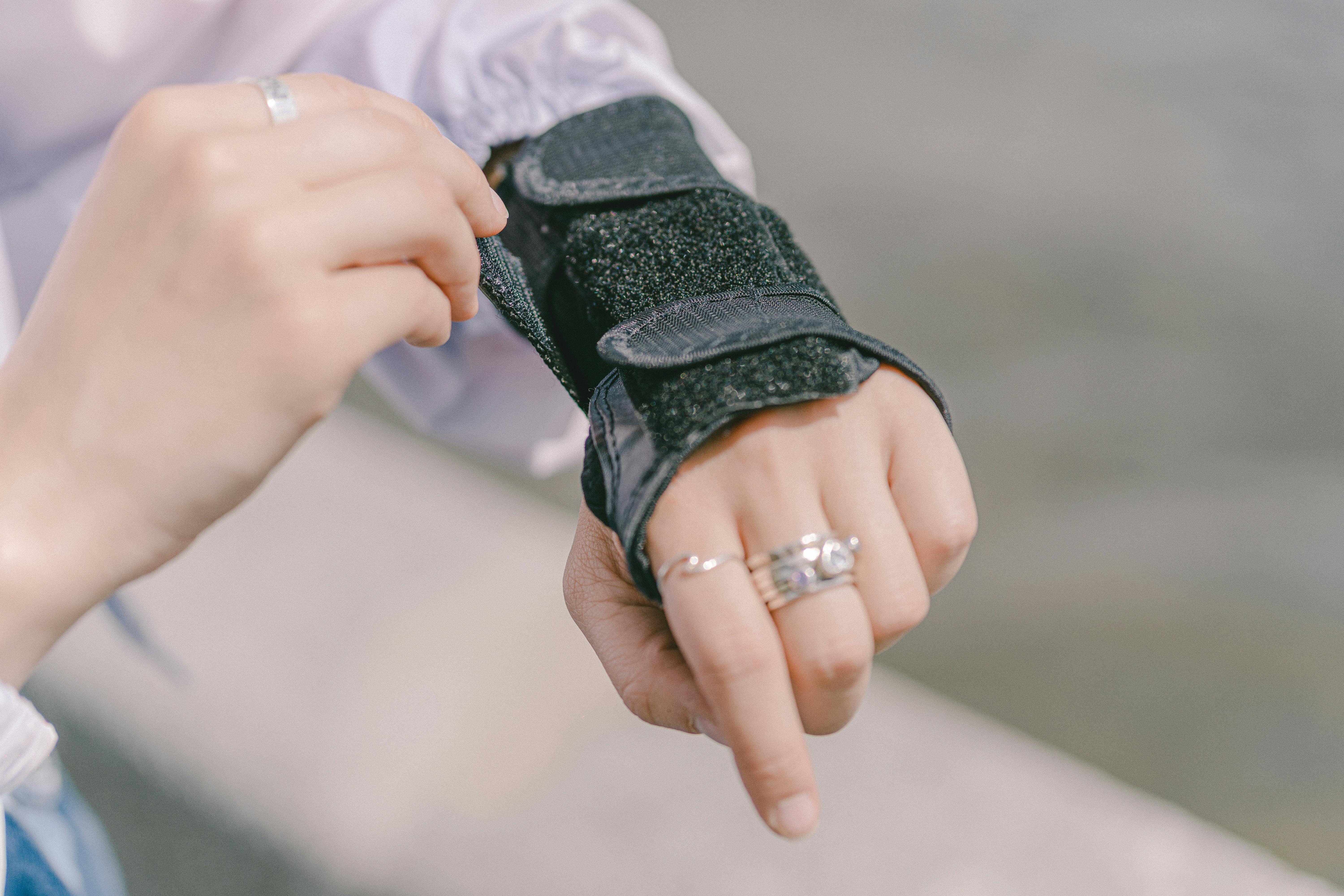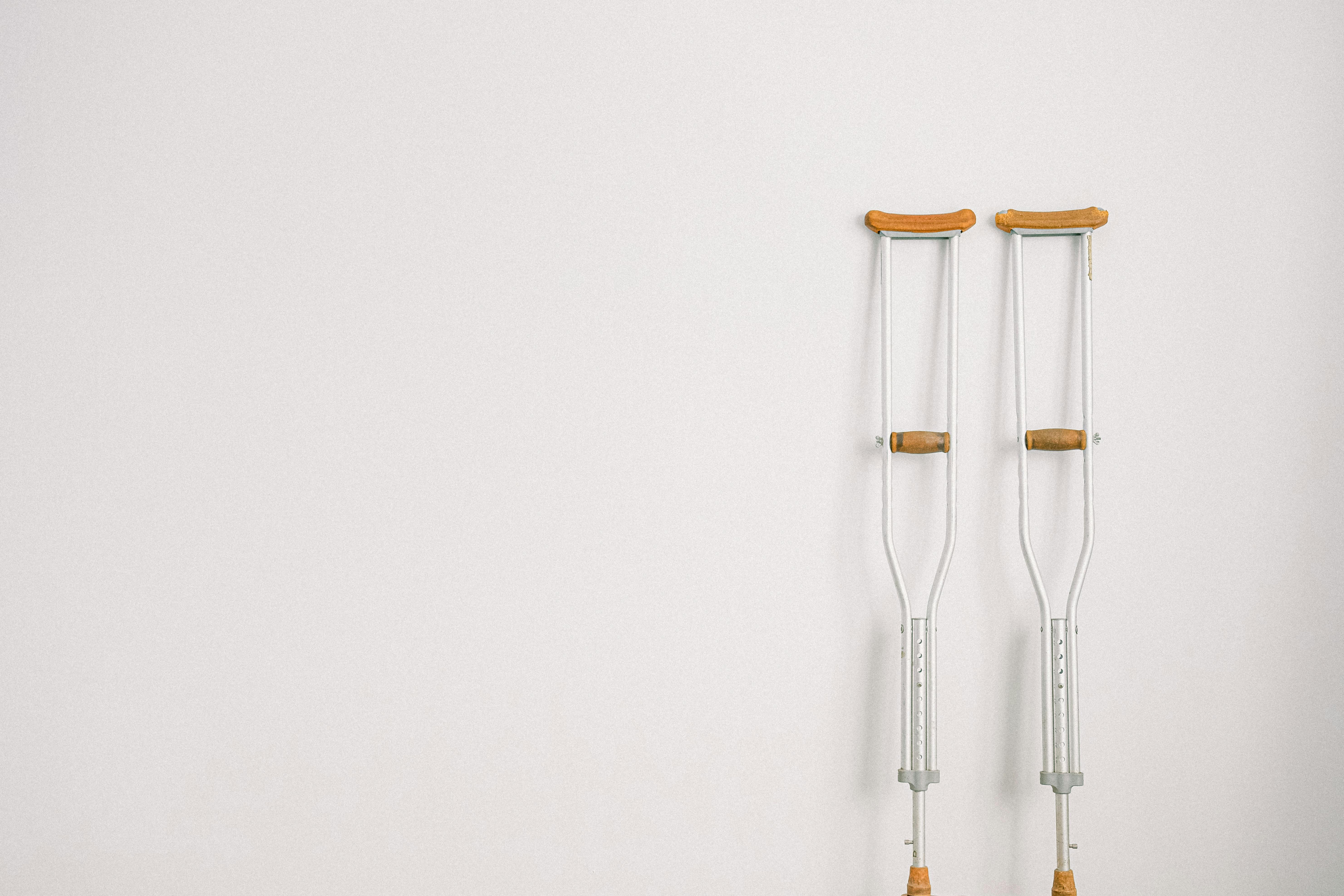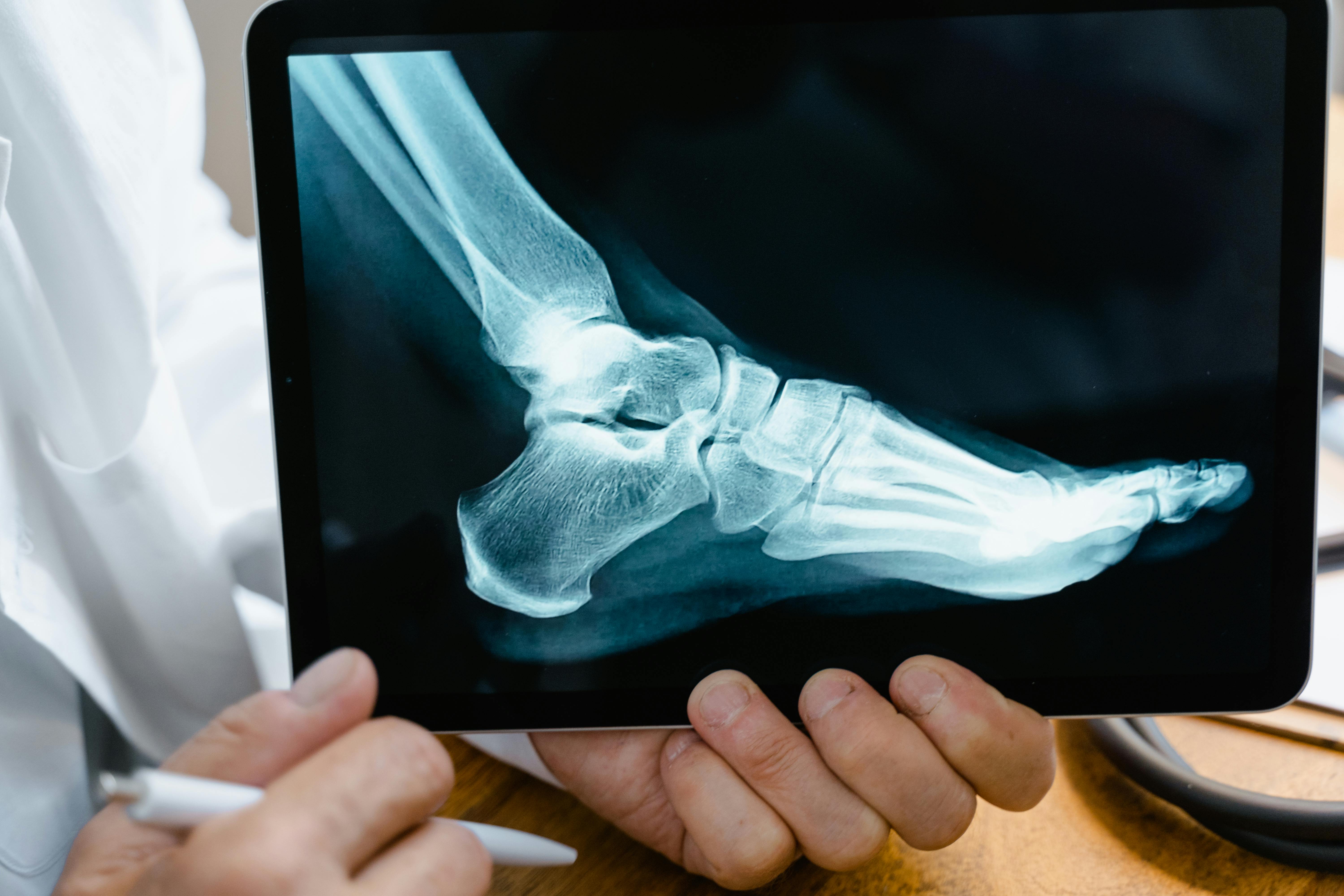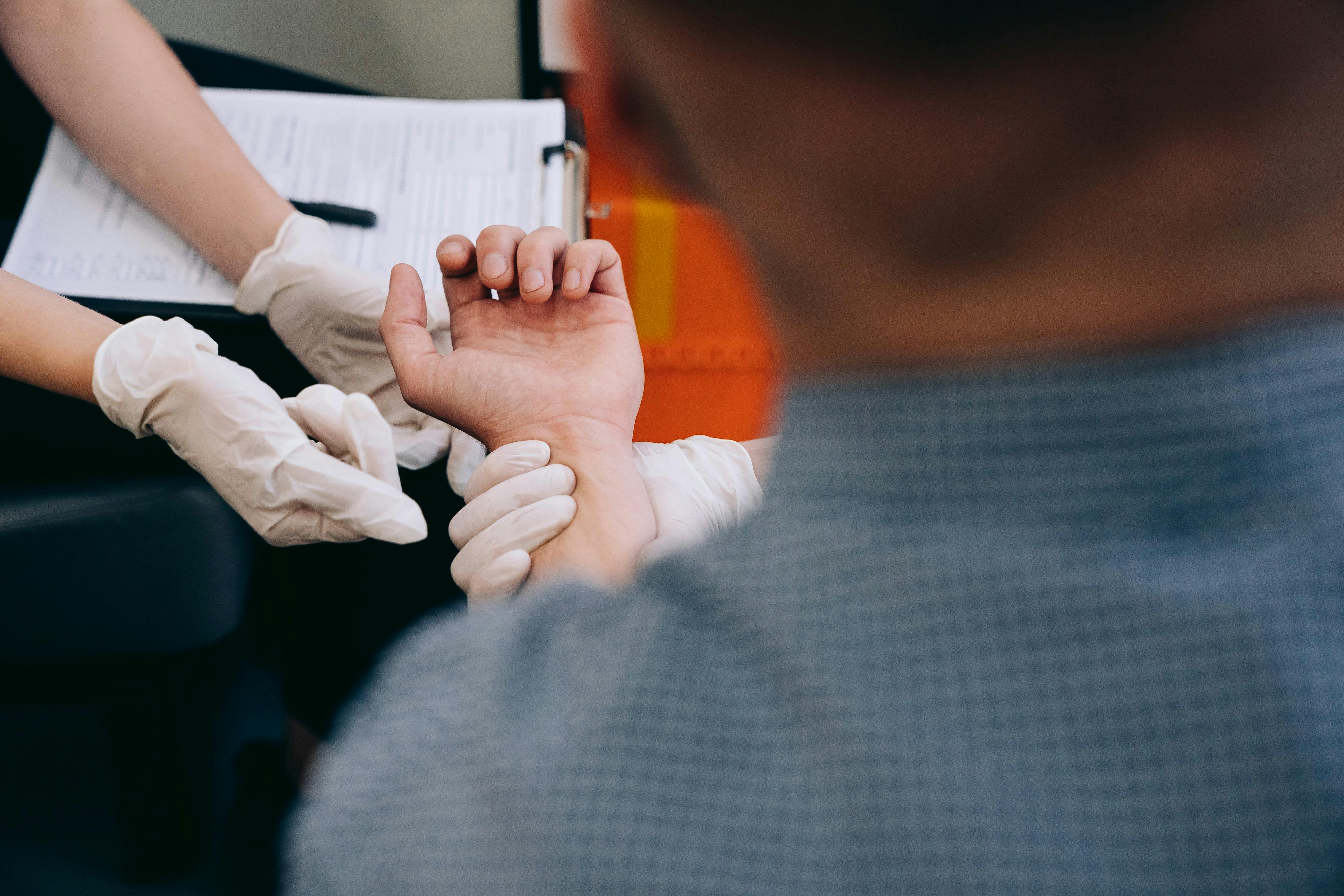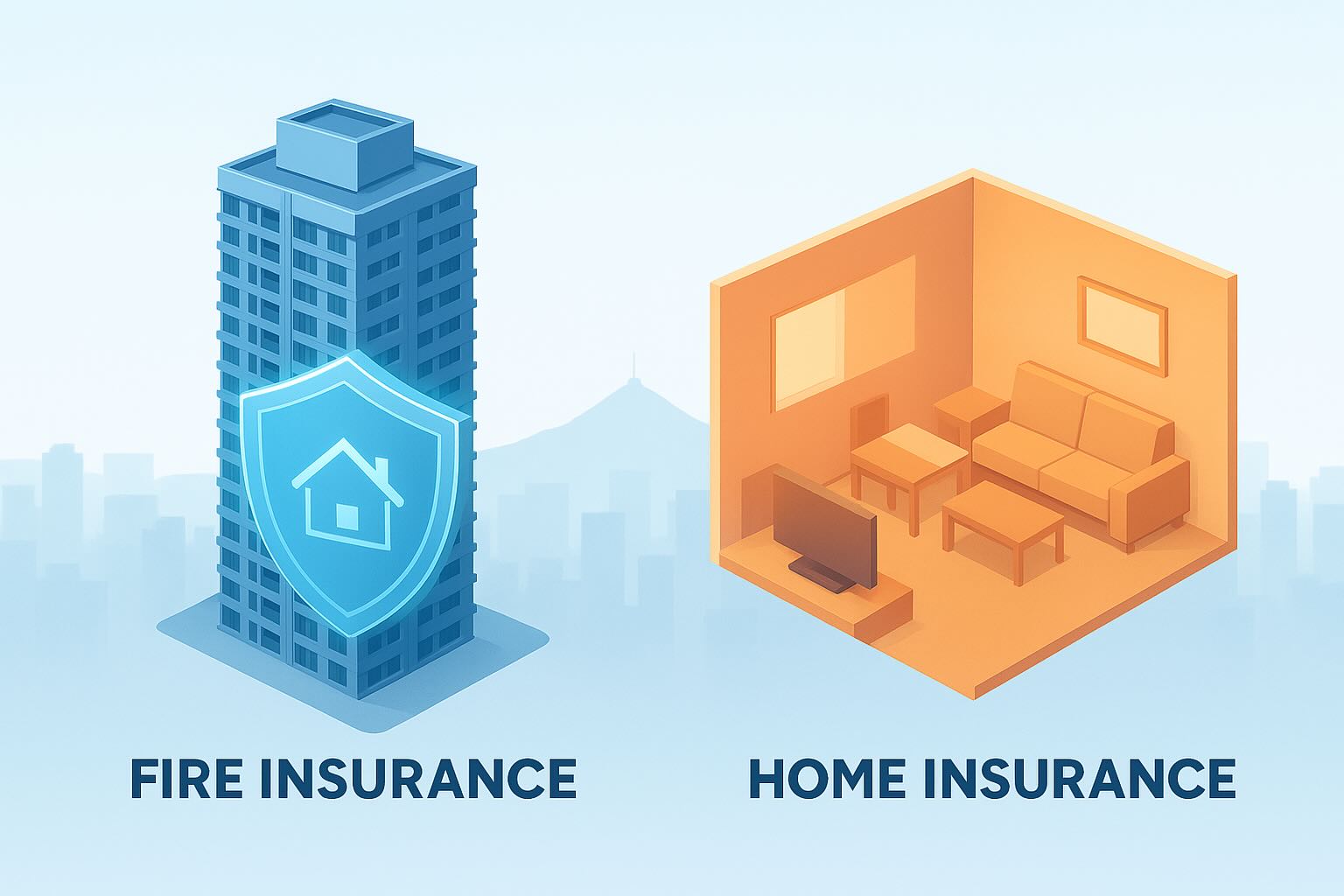Personal Injuries / Workers Compensation
- FAQs
Generally, the answer is no.
Mental stress or psychiatric illness is not generally compensable under the ECO unless it is caused as a result of an accident.
The ECO covers injuries caused by accident and certain specified occupational diseases listed in Schedule 2 — psychiatric illnesses are not among the listed occupational diseases.
Work-Related Stress Alone
- Psychiatric or mental illness developed gradually from ongoing work-related stress (without a specific accident) is not covered.
- Example: Burnout or depression from long-term workload pressure does not qualify.
Accident-Related Mental Injury
If psychiatric illness (e.g., PTSD, acute stress disorder) is a direct result of a workplace accident, it may be covered.
You must prove the causal connection between the accident and the mental injury.
You may still be covered under the ECO for injuries outside Hong Kong if certain conditions are met:
1. Employment Connection with Hong Kong
The ECO generally applies if:
- You are employed in Hong Kong by a local employer, even if the injury occurs outside Hong Kong.
- Your employment contract was entered into in Hong Kong with an employer carrying on business in Hong Kong.
- You are traveling for work purposes between Hong Kong and other places, or between places outside Hong Kong, with employer approval.
- You are a crew member working on a foreign ship but recruited/engaged in Hong Kong and your employer submits to Hong Kong court jurisdiction.
2. Transport-Related Injuries
Covered if injury is sustained while:
- Traveling as a passenger in transport operated or arranged by the employer (not public transport).
- Traveling by direct route between residence and work using transport arranged/provided by the employer.
- Commuting during extreme weather conditions (e.g., Typhoon Signal No. 8 or above, Red/Black rainstorm warning) within 4 hours before/after work.
3. Foreign Compensation
If you receive compensation in another jurisdiction for the same injury, the ECO compensation may be reduced by that amount.
4. Medical Treatment Outside Hong Kong
Employers are liable for medical expenses for treatment outside Hong Kong up to the same daily maximum as for injuries in Hong Kong, provided treatment is by a qualified medical practitioner in that location.
Yes. Section 40 of the ECO mandates employers to maintain valid insurance covering liabilities under the Ordinance and common law. Failure can lead to fines up to HK$100,000 and imprisonment.
- Coverage applies to all employees — full-time, part-time, casual, or short-term, regardless of contract length or working hours.
- Minimum insurance cover depends on the number of employees:
- Employers cannot deduct insurance costs from employees’ wages — doing so is a criminal offence (fine up to HK$10,000 and 6 months’ imprisonment).
- Penalties for non-compliance:
- Maximum fine: HK$100,000
- Maximum imprisonment: 2 years
- Possible surcharge to the Employees Compensation Assistance Fund Board.
Yes. Under section 26 of the ECO, claiming statutory compensation does not limit your right to sue your employer or other parties under common law for negligence or breach of statutory duty. Therefore, the relevant employees can start a civil claim against their employer under common law or damages, in addition to their right under the Ordinance.
ECO Compensation
- ECO provides no-fault compensation for work injuries and specified occupational diseases.
- You do not need to prove fault — only that the injury arose out of and in the course of employment.
Civil Claim for Damages
- Section 26 of the ECO expressly states that the Ordinance does not limit the employer’s civil liability.
- You may sue for damages if you can prove:
- Employer failed to take reasonable care for your safety (e.g., unsafe workplace, inadequate training, defective equipment).
- Breach of statutory duty under safety legislation.
- Case authority: Cathay Pacific Airways Ltd v Wong Sau Lai — confirmed employers have a common law duty to provide a safe place of work, safe systems, safe equipment, competent co-workers, proper instructions, supervision, and training.
Interaction & Deduction
If you succeed in both ECO and civil claim, the court will deduct the ECO compensation already received from the damages awarded to prevent double recovery.
Example: In CHEUNG SAU LIN v Tsui Wah Efford Management Ltd [2019] HKCFI 1960, the court deducted the advance ECO payment from the total damages.
1. Seek Medical Attention Immediately
- Get treatment from a registered medical practitioner or hospital as soon as possible.
- Inform the doctor that the injury is work-related and state your occupation.
2. Notify Your Employer Promptly
- Report the accident and injury as soon as possible — ideally on the same day.
- Provide details of time, place, cause, and nature of injury.
- If you have an occupational disease diagnosis, give the employer the medical certificate and confirmation documents.
3. Keep All Medical Records & Receipts
- Maintain medical certificates, receipts, and any hospital discharge papers.
- These are required for compensation claims and reimbursement of medical expenses.
4. Ensure Employer Reports to Labour Department
The employer must notify the Commissioner for Labour within:
- 14 days for non-fatal injuries.
- 7 days for fatal cases.
If you suspect your employer has not reported, you can directly inform the Employees’ Compensation Division of the Labour Department.
5. Avoid Recovery Agents
Do not sign documents or share personal information with unlicensed “recovery agents” — they may charge high fees or compromise your claim.
Under the Employees’ Compensation Ordinance (Cap. 282) (“ECO”), compensation for permanent incapacity is calculated based on:
- Whether the incapacity is total or partial.
- The employee’s age at the time of the accident.
- Monthly earnings, subject to statutory caps.
- Minimum compensation amounts set by law.
Permanent Total Incapacity
For accidents or prescribed occupational diseases between 13 April 2023 and 16 April 2025:
- Under 40 years old: 96 months’ earnings or HK$3,508,800, whichever is less.
- Aged 40 to under 56: 72 months’ earnings or HK$2,631,600, whichever is less.
- Aged 56 or above: 48 months’ earnings or HK$1,754,400, whichever is less.
- Minimum compensation: HK$552,190.
- Monthly earnings cap: HK$36,550.
For accidents on or after 17 April 2025:
- Under 40 years old: 96 months’ earnings or HK$3,710,320, whichever is less.
- Aged 40 to under 56: 72 months’ earnings or HK$2,782,740, whichever is less.
- Aged 56 or above: 48 months’ earnings or HK$1,855,160, whichever is less.
- Minimum compensation: HK$584,220.
- Monthly earnings cap: HK$38,670.
Permanent Partial Incapacity
Formula:
Compensation for Permanent Total Incapacity × Percentage Loss of Earning Capacity
The Employees’ Compensation Assessment Board determines the percentage loss.
Assessment Process
- The ECO establishes an Employees’ Compensation (Ordinary Assessment) Board and a Special Assessment Board to assess:
- The necessary period of absence from duty.
- The percentage of permanent loss of earning capacity.
The Employees’ Compensation Ordinance (Cap. 282) (“ECO”) covers two main categories of work-related injury:
- Accidental injuries arising out of and in the course of employment.
- Specified occupational diseases as listed in Schedule 2 of the Ordinance.
Accidental Injuries
- ECO covers injuries from accidents arising out of and in the course of employment.
- Even if the employee acted without instructions or contravened regulations, the accident is deemed work-related if the act was for the employer’s trade or business (section 5(4)(b)).
- Includes injuries sustained:
- At the workplace during work.
- While travelling in transport provided or arranged by the employer (not public transport).
- While commuting during extreme weather conditions (e.g., Typhoon Signal No. 8 or above, Red/Black rainstorm warning) within 4 hours before/after work.
- While travelling for employment purposes between Hong Kong and other places.
Occupational Diseases
ECO covers 48 specified occupational diseases in Schedule 2.
A disease is compensable if it arises from the nature of the occupation within the prescribed period. Examples include:
- Pneumoconiosis.
- Occupational deafness.
- Asbestosis.
- Silicosis.
- Certain work-related skin diseases.
Employees incapacitated by a specified occupational disease receive the same compensation as those injured in an occupational accident.
Special Commuting & Travel Coverage
Covered if injury occurs:
- As a passenger in employer-operated/arranged transport.
- On a direct route between home and work using employer-provided transport.
- During extreme weather commuting within the specified time window.
- On authorised work-related trips outside Hong Kong.
Exclusions
Compensation is not payable if:
- Injury does not cause permanent incapacity or loss of earnings.
- Injury is self-inflicted.
- Death/incapacity results from an injury the employee falsely claimed not to have.
- Injury is due to drug or alcohol addiction (unless it causes death or serious permanent incapacity).
- Injury is due to serious and wilful misconduct (unless it causes death or serious incapacity).
- Mental illnesses due to accumulated work stress are not covered unless caused by an accident.
The ECO applies to full‑time and part‑time employees under contracts of employment or apprenticeship, including domestic helpers, agricultural workers, and Hong Kong‑registered ship crew members.
Employment Types Covered
- ECO applies to full‑time and part‑time employees under a contract of service or apprenticeship.
- Apprentices registered under the Apprenticeship Ordinance (Cap. 47) are included.
Specific Categories Covered
- Domestic helpers.
- Agricultural employees.
- Hong Kong ship crew members.
- Individuals employed on Hong Kong‑registered ships.
Work Outside Hong Kong
- ECO covers employees injured while working outside Hong Kong if:
- They are employed in Hong Kong by a local employer; or
- The employment contract was entered into in Hong Kong with an employer carrying on business in Hong Kong.
- Also applies to injuries sustained while travelling for employment purposes between Hong Kong and other places.
Foreign Employers Submitting to Jurisdiction
ECO applies if foreign employers (including operators of foreign ships) submit to the jurisdiction of Hong Kong courts.
Workers’ compensation is a statutory payment under the Employees’ Compensation Ordinance (Cap. 282) for employees injured or killed in an accident arising out of and in the course of employment. It covers medical expenses, loss of earnings, and compensation for death or disability.
Scope of Coverage
Compensation is payable if:
- The injury or death results from an accident arising out of and in the course of employment.
- The work under the employment contract is performed within Hong Kong jurisdiction.
Employer’s Liability
“Employer” includes:
- The Government.
- Any corporate or unincorporated body of persons.
- The legal personal representative of a deceased employer.
Types of Compensation
Under the Employees’ Compensation Ordinance, compensation may include:
- Funeral expenses.
- Medical attendance and medical expenses.
- Wages or salary payable during incapacity.
- Cost of supplying and fitting a prosthesis or surgical appliance.
- Interim payments.
- Surcharge or interest payable under the Ordinance.
Exceptions
No compensation is payable for:
- Injuries that do not cause incapacity for earning full wages (unless partial permanent incapacity).
- Incapacity or death from deliberate self-injury.
- Incapacity or death where the employee knowingly made a false statement about prior injury.
- Injuries (not resulting in death or serious permanent incapacity) caused by addiction to drugs or being under the influence of alcohol at the time of accident.
Disallowance for Misconduct
If the injury is attributable to serious and wilful misconduct or was deliberately aggravated by the employee, compensation can be refused.


